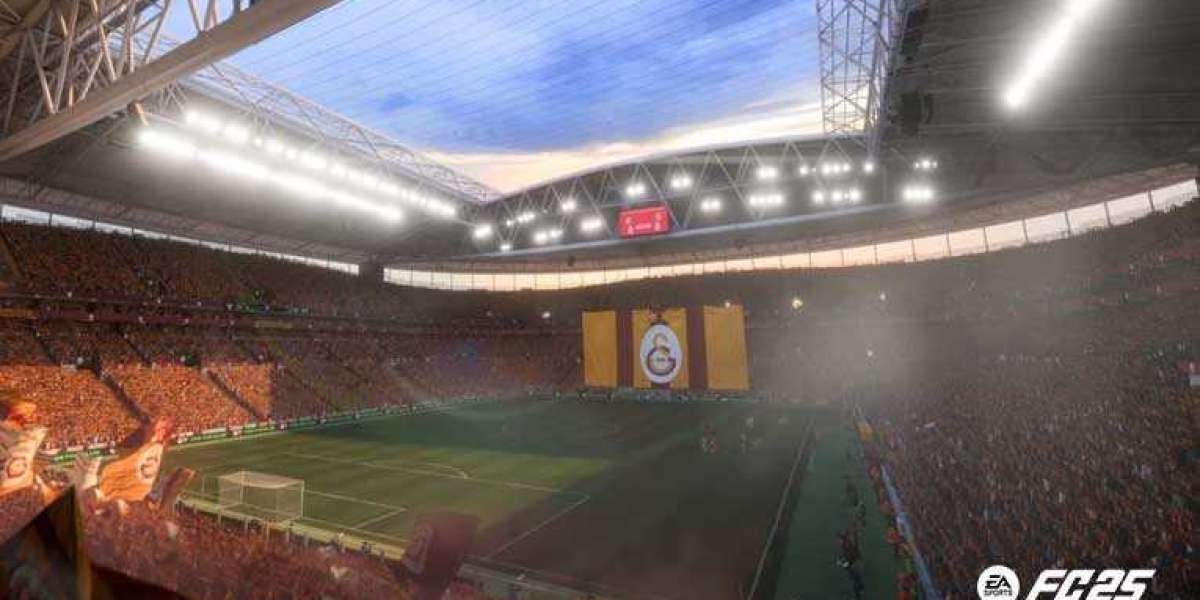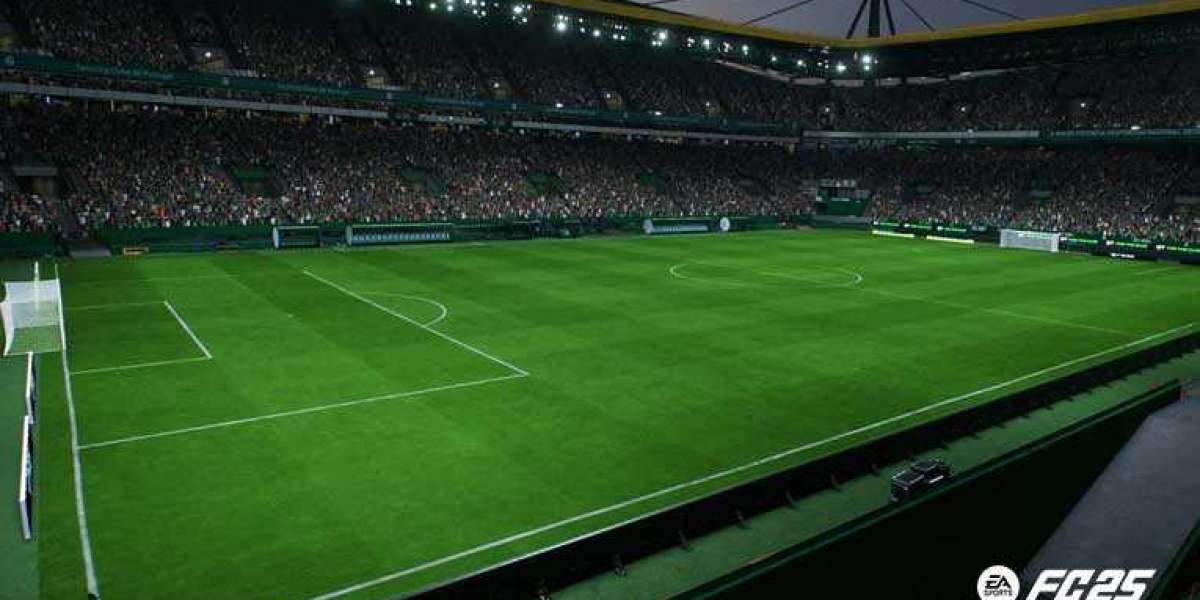Biking is not only a great activity for kids but also an essential skill that teaches balance, coordination, and independence. If you’re looking to buy a bike for your child, it’s essential to know what to look for. In this guide, we’ll dive into everything you need to know about kids' bikes—from understanding bike sizes and types to selecting the perfect fit for your little one.
Table of Contents
What Are Kids Bikes?
Benefits of Biking for Kids
Types of Kids Bikes
How to Choose the Right Bike Size for Your Child
Key Features to Look for in Kids Bikes
Bike Safety Tips for Kids
Training Wheels vs. Balance Bikes
Best Age to Start Learning to Ride
Maintaining Your Child’s Bike
Popular Brands for Kids Bikes
FAQs about Kids Bikes
What Are Kids Bikes?
Kids' bikes are bicycles designed specifically for children, typically ranging in wheel size from 12 inches to 24 inches, depending on age and height. These bikes come in various types, each tailored to different skill levels and biking experiences, from basic balance bikes for beginners to more advanced mountain bikes for older kids. Ranks Focus
Benefits of Biking for Kids
Biking is more than just fun; it offers several physical and mental benefits:
Improves Motor Skills: Balancing and steering enhances coordination.
Builds Confidence: Riding independently builds self-assurance.
Promotes Physical Health: Cycling is an excellent cardiovascular workout. solar gadget
Encourages Outdoor Exploration: Helps children develop an appreciation for nature.
Types of Kids Bikes
Choosing the right type of bike depends on your child’s age, size, and intended use. Here are some common types:
Balance Bikes: No pedals, designed for toddlers to learn balance.
Tricycles: Three-wheeled bikes, ideal for toddlers needing extra stability. Blog
Pedal Bikes with Training Wheels: Helps kids transition to a standard bike.
BMX Bikes: Sturdy bikes ideal for tricks, short rides, and skate parks.
Mountain Bikes: Equipped for off-road biking, suited for older kids.
Hybrid Bikes: Versatile bikes that work on multiple terrains.
How to Choose the Right Bike Size for Your Child
The correct bike size is crucial for comfort and safety. Kids’ bikes are measured by wheel size rather than frame size:
| Wheel Size | Age Range | Height Range |
|---|---|---|
| 12-inch | 2 to 4 years | 85 to 100 cm |
| 14-inch | 3 to 5 years | 95 to 110 cm |
| 16-inch | 4 to 6 years | 105 to 120 cm |
| 18-inch | 5 to 7 years | 115 to 125 cm |
| 20-inch | 6 to 9 years | 120 to 135 cm |
| 24-inch | 8 to 12 years | 135 to 150 cm |
It’s always best to have your child test the bike before buying. A properly fitting bike will allow them to reach the pedals comfortably and touch the ground with their feet when stopping. Business Services
Key Features to Look for in Kids Bikes
When choosing a bike, consider these essential features:
Frame Material: Lightweight materials, like aluminum, make the bike easier to handle.
Brakes: Coaster brakes (pedal-back brakes) are common on beginner bikes, while older kids may benefit from hand brakes.
Gears: Single-speed bikes are ideal for younger kids. For older kids, gears provide more versatility.
Weight: A lighter bike is easier for kids to control and maneuver.
Handlebar and Seat Adjustability: Adjustable handlebars and seat heights extend the bike's usability as your child grows.Fashion
Bike Safety Tips for Kids
Safety is a top priority when biking. Here are some safety tips:
Wear a Helmet: Ensure the helmet fits snugly and is worn at all times.
Check the Bike: Regularly inspect the brakes, tires, and chain.
Wear Bright Colors: Helps with visibility, especially in low-light conditions. Reviews
Supervise Young Riders: Always keep an eye on younger children as they learn to ride.
Teach Road Rules: Educate kids about basic traffic rules if riding near roads.
Training Wheels vs. Balance Bikes
For many parents, deciding between training wheels and a balance bike is a key consideration. Here’s a breakdown: General
Training Wheels: Provide stability and help kids get comfortable with pedaling, ideal for kids who need confidence in balance.
Balance Bikes: Teach balance first, encouraging kids to use their feet to push off and glide. This often makes the transition to pedal bikes smoother.
Best Age to Start Learning to Ride
Kids can start learning to ride as early as 18 months, typically on a balance bike. Most children can move to a pedal bike by ages 4 to 6, depending on their comfort and coordination. Starting early helps kids become confident riders, but it’s important to go at their own pace.Health Fitness
Maintaining Your Child’s Bike
Regular bike maintenance is essential to ensure safety and extend the bike's lifespan. Here are some tips:
Keep the Bike Clean: Regularly wipe down the frame and gears.
Check Tire Pressure: Underinflated tires make riding difficult.
Lubricate the Chain: A well-oiled chain prevents rust and smoothens the ride.
Inspect Brakes: Ensure they work properly and aren’t worn out.
Popular Brands for Kids Bikes
Several brands are known for producing quality kids' bikes. Here are some top options:
Woom: Known for lightweight bikes that are easy to handle.News
Strider: Specializes in balance bikes.
Trek: Offers a range of kids' bikes, including mountain bikes.
Schwinn: Known for durable and affordable bikes for all ages.
Guardian Bikes: Features bikes with SureStop brakes, ideal for younger riders.
FAQs about Kids Bikes
1. What size bike should I get for my child?
Use their height and age as a guide. Refer to the size chart provided in this article.
2. Are balance bikes better than training wheels?
Balance bikes are great for teaching balance, while training wheels provide stability for beginners.
3. How can I tell if the bike fits my child?
Your child should be able to reach the pedals comfortably and touch the ground with their feet when seated.Sports
4. Should kids wear helmets on bikes?
Yes, helmets are essential for safety and can prevent serious injuries.
5. How often should I maintain my child’s bike?
Regular checks, especially before a ride, are ideal. Inspect the brakes, tire pressure, and chain frequently.
6. What’s a good first bike for a 3-year-old?
A 12-inch balance bike or pedal bike with training wheels is a great option.
Conclusion
Choosing the right bike for your child is about finding the perfect fit for their age, size, and skill level. Bikes not only give kids a sense of freedom but also contribute to their physical and emotional growth. With the right bike, your child will be ready to pedal into a world of adventure and confidence!


